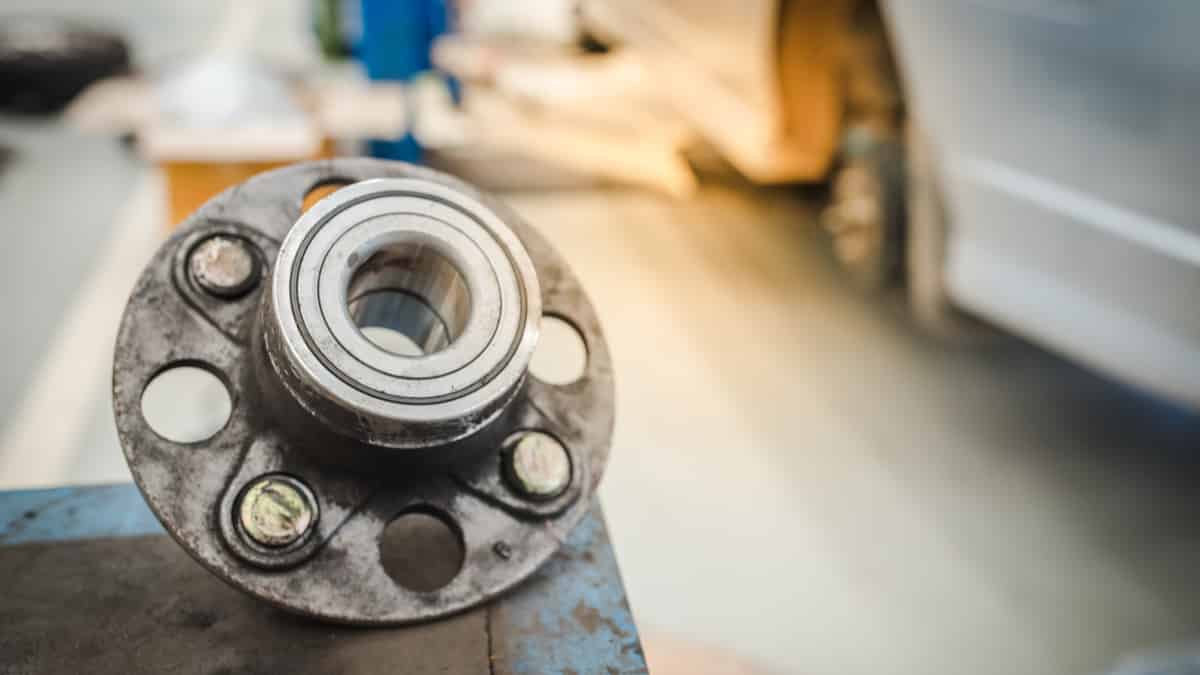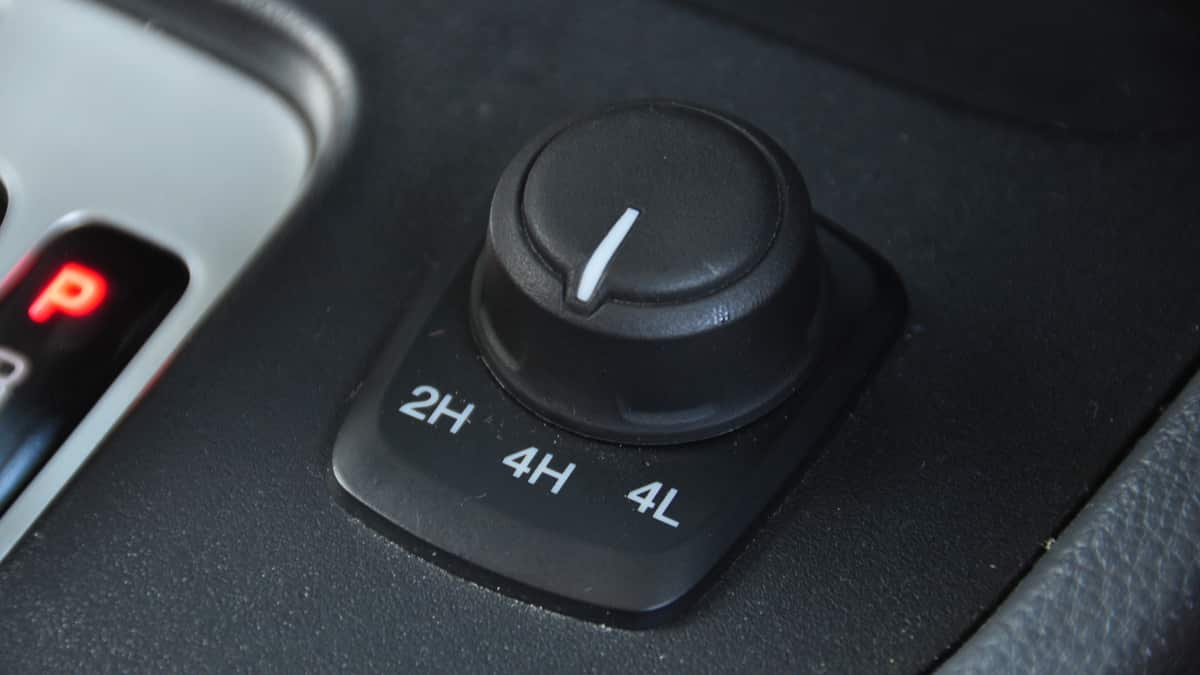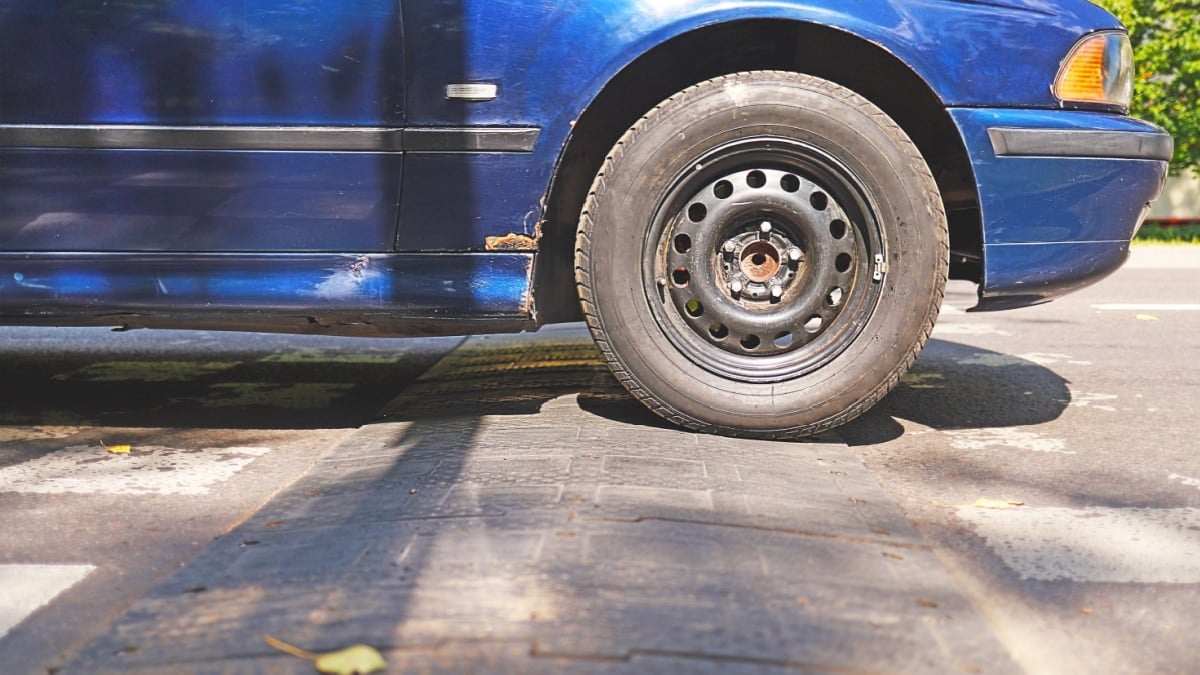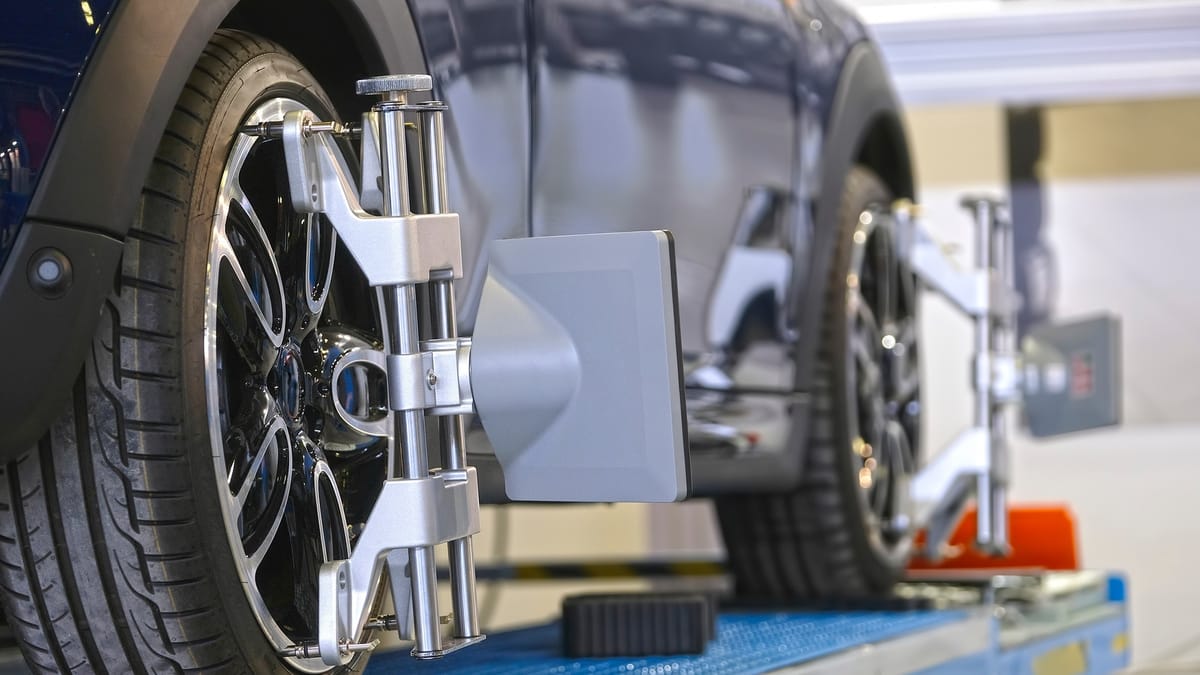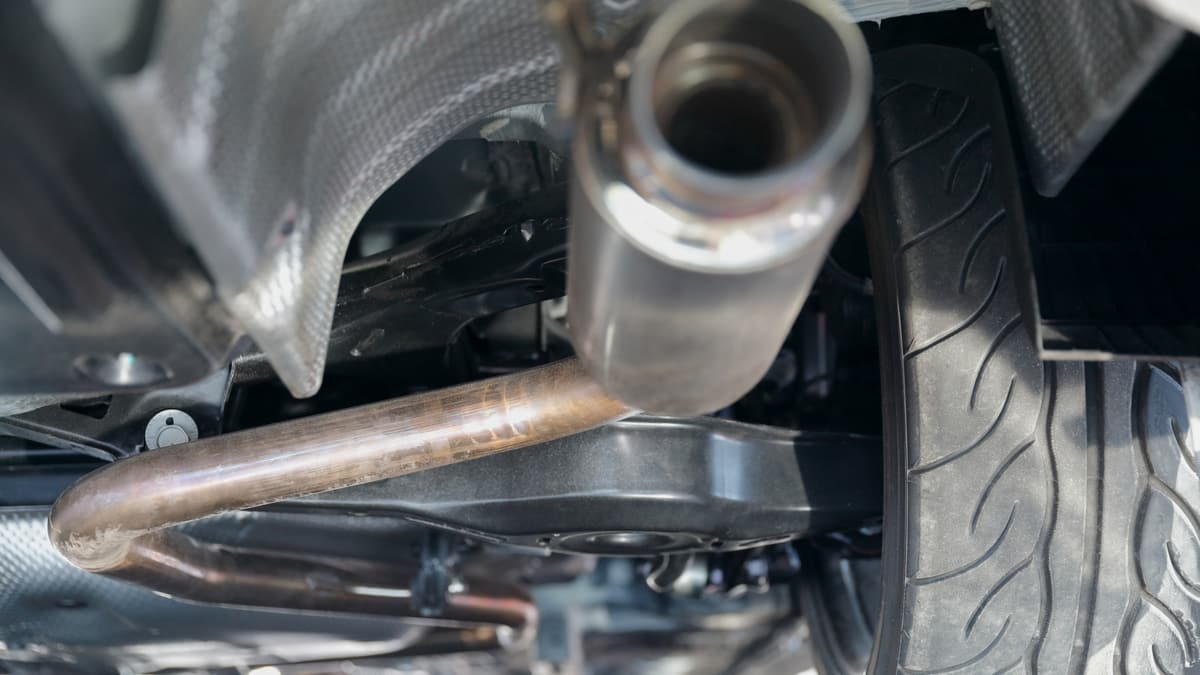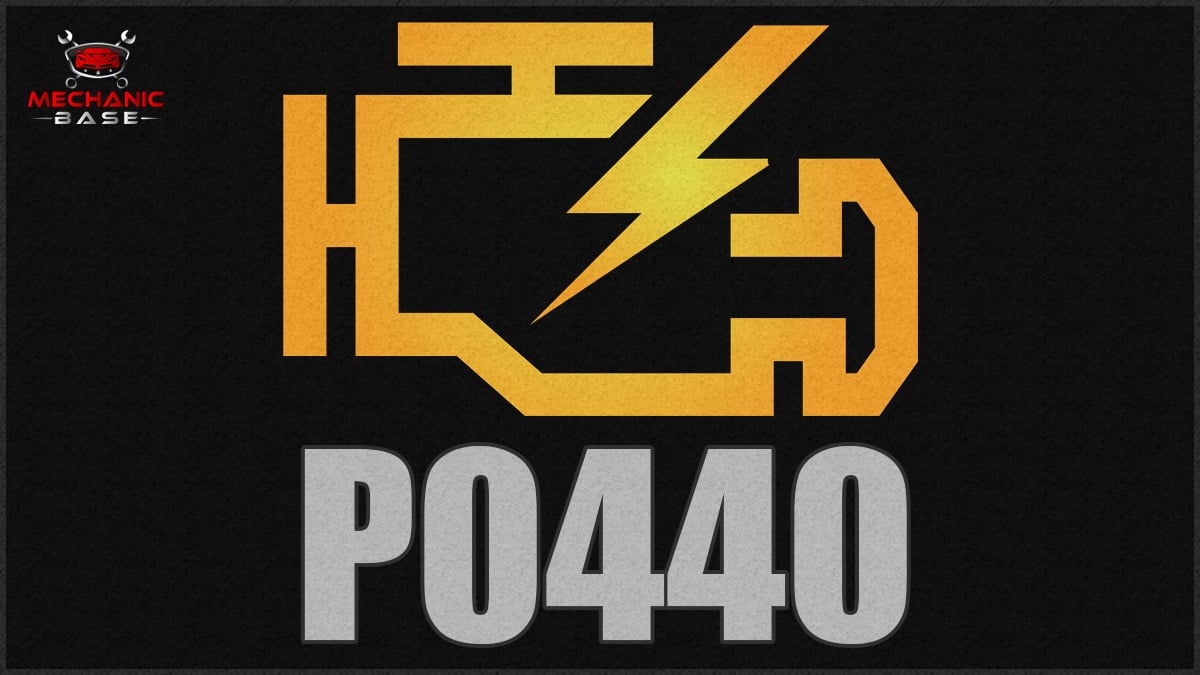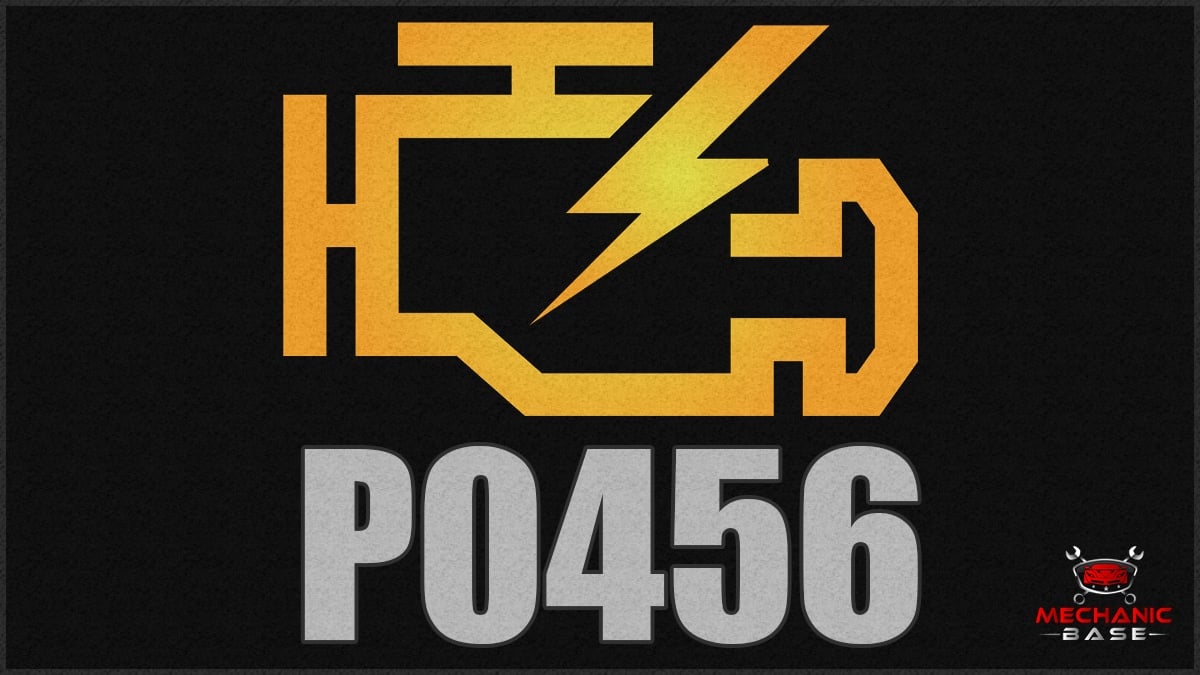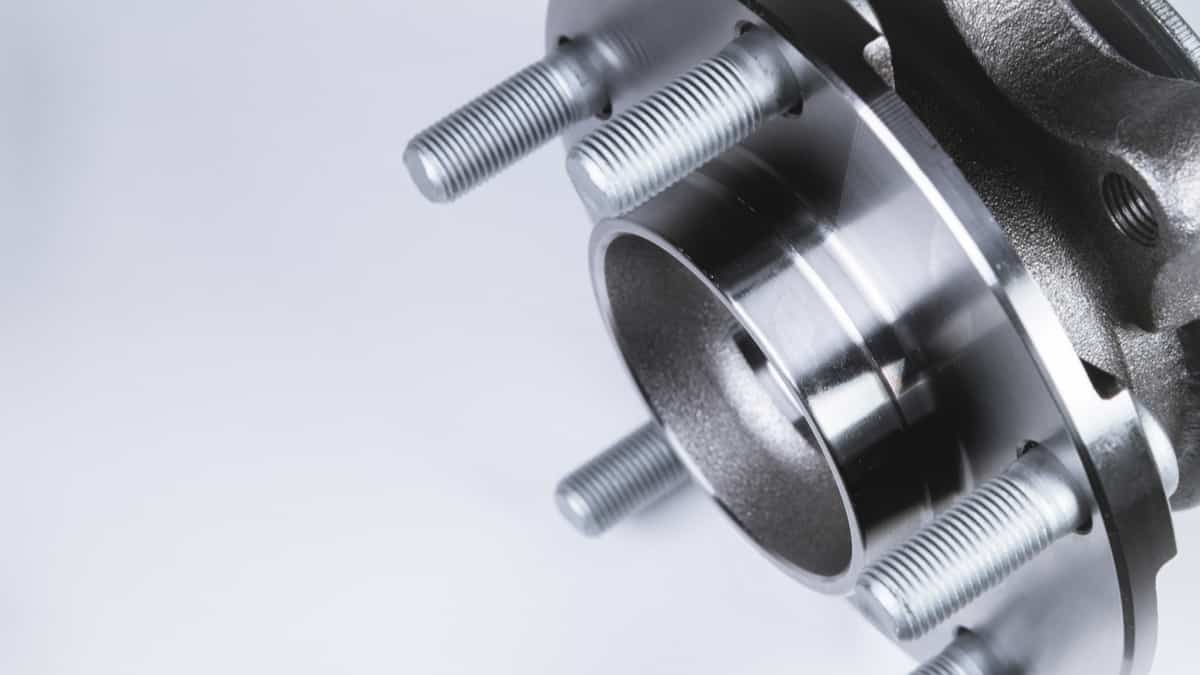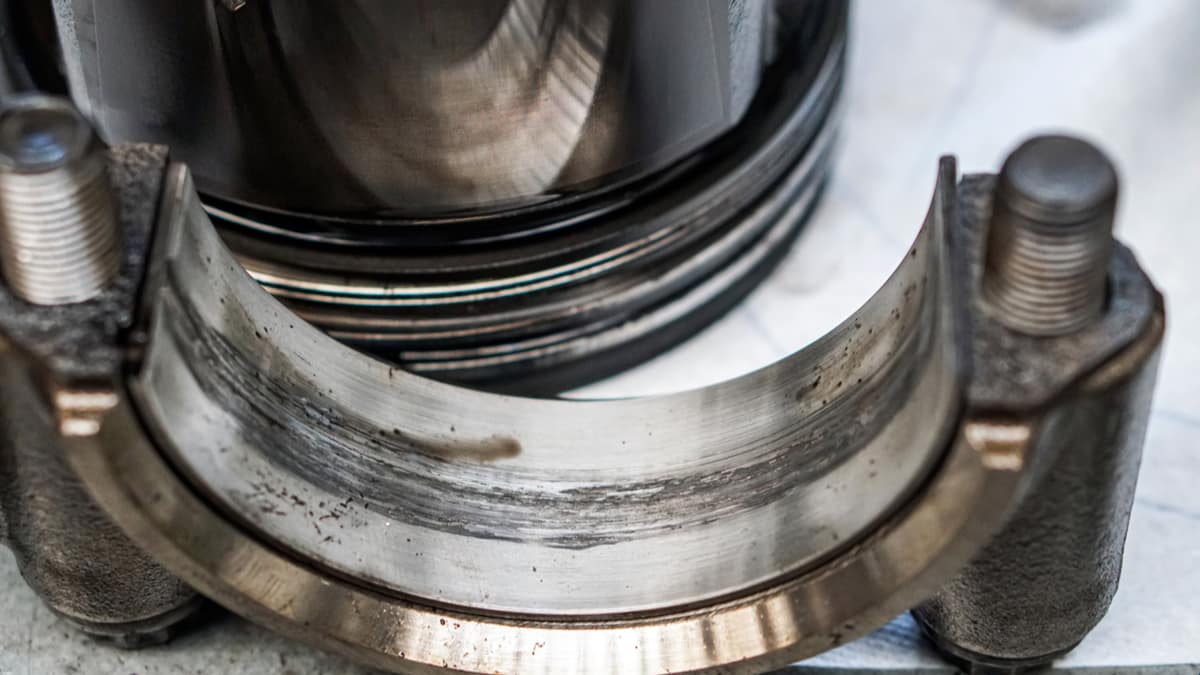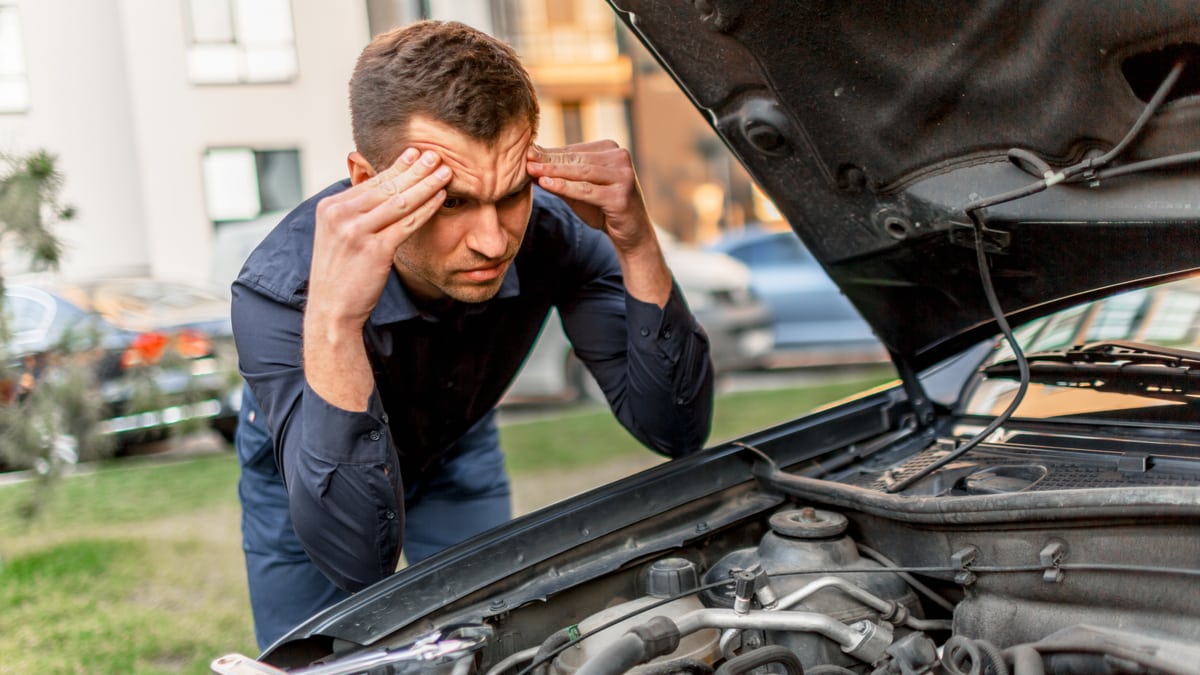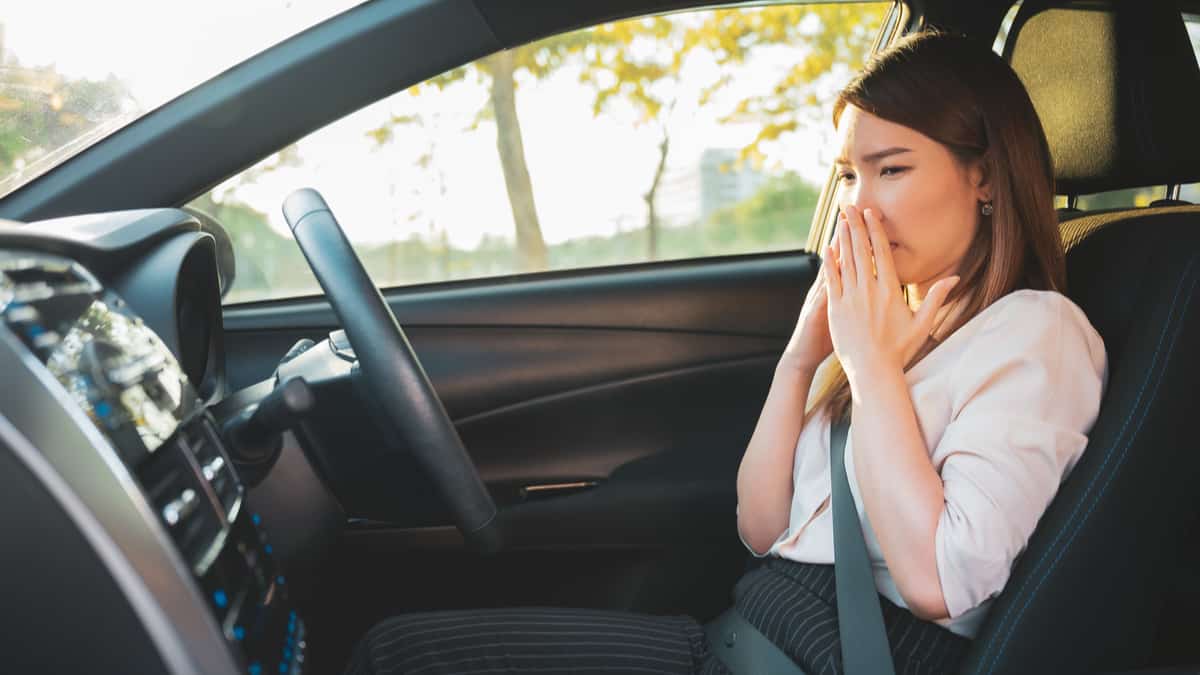Have you ever had the joy of experiencing a faulty wheel bearing? If you have, then you know it’s really not a joyous occasion that’s worthy of a celebration.
Your vehicle’s wheel bearings are designed to allow your wheels to turn independently of your vehicle’s hub and with as little friction as possible. Most bearings are designed to last for thousands and thousands of miles.
Ultimately, they do wear out, and an early indication of when your bearings are worn and need replacing is the sound they give off.
What Does a Bad Wheel Bearing Sound Like?
A bad wheel bearing makes a growling or squealing noise when you drive at high speeds. It will be especially noticeable if it gets louder or quieter when you turn slightly to the left or right.
A noisy wheel bearing can cause a whole range of different noises, depending on what part of the bearing has failed.
For instance, if the bearing has lost its grease and is now being run dry, you can expect to hear a metallic grinding noise from the affected wheel.
If, however, the bearing has developed an excessive amount of play, it will tend to give off a low-sounding rumble noise while the affected wheel is rotating.
The outside of the housing can sometimes become loose inside the hub and spin along with the inner part of the bearing. This rubbing of the outer bearing race against the inside of the hub will give off a higher-pitched scraping noise as the two surfaces are forced to rub against one another.
5 Common Wheel Bearing Noise Reasons
The most common cause of wheel bearing noise is a dry wheel bearing due to a lack of grease. This can happen due to leakage or salt water entering the bearing.
Here is a more detailed list of the top five causes of a noisy wheel bearing.
1. Lack of Grease
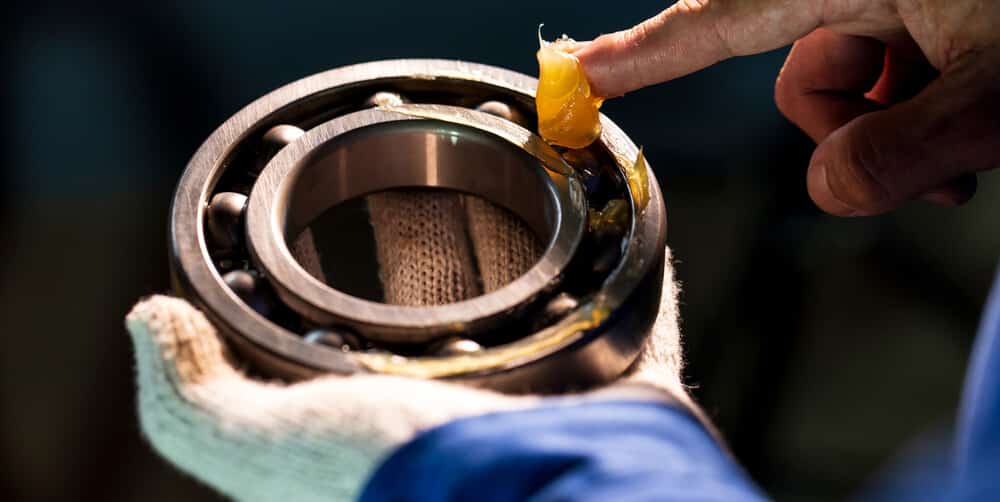
Your wheel bearing’s grease is truly one of the most vital aspects of ensuring that your wheel bearing will last for as long as possible. As long as the bearing is greased, you’ll be preventing excessive heat and resistance build-up, which will also prevent the metal from distorting.
Most wheel bearings these days are sealed units, meaning there’s no access for you to top the grease up yourself via a nipple. This means that if your bearing has started to develop a noise because of a lack of grease, you’ll have to replace the entire bearing.
The fact that the bearing units are sealed is also what makes it difficult to determine if it has lost its grease. If you can visibly see on the bearing housing any signs of an impact resulting in a loss of grease, I’d recommend having the bearing replaced.
2. Saltwater
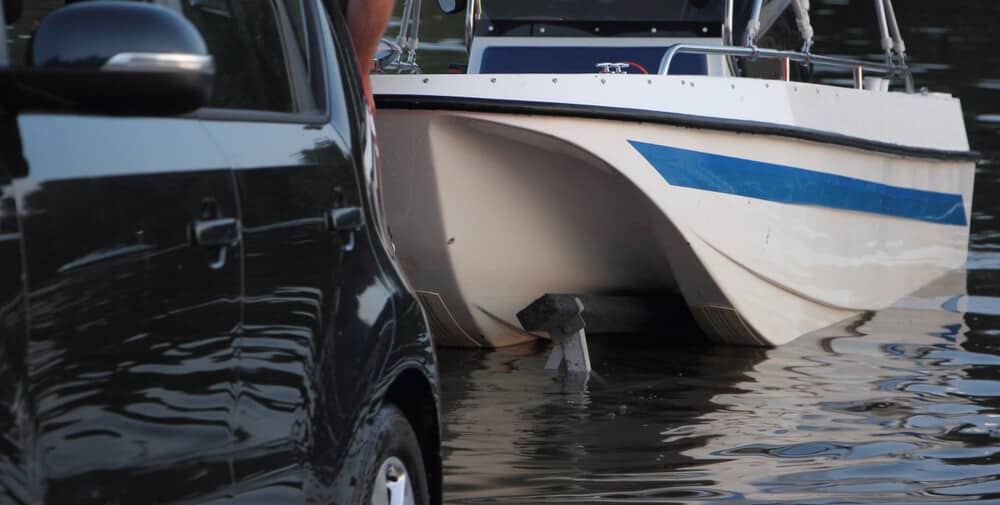
Saltwater is a big killer of cars. You’ll know this if you use your vehicle for launching boats into the sea.
A buildup of salty sea water in your bearings can be detrimental to the longevity of the bearing itself. As salt water works its way into the bearing housing, not only does it wash out the grease contained inside, but it will also begin to corrode the internals of the bearing.
It can come as a shock to many when all of a sudden they begin to notice their bearings are noisy after launching a boat. This is because the salt water is causing damage that isn’t visible without stripping your bearing down.
There’s no real way of preventing saltwater from getting into your bearings if you use your vehicle for launching boats. The advice I would give is that, if this is what you use your vehicle for, you should have your bearings regularly inspected and keep an ear out for when they become noisy. At the very least, this will save any surprises for you when the inevitable wheel bearings need replacing.
3. Lack of Use
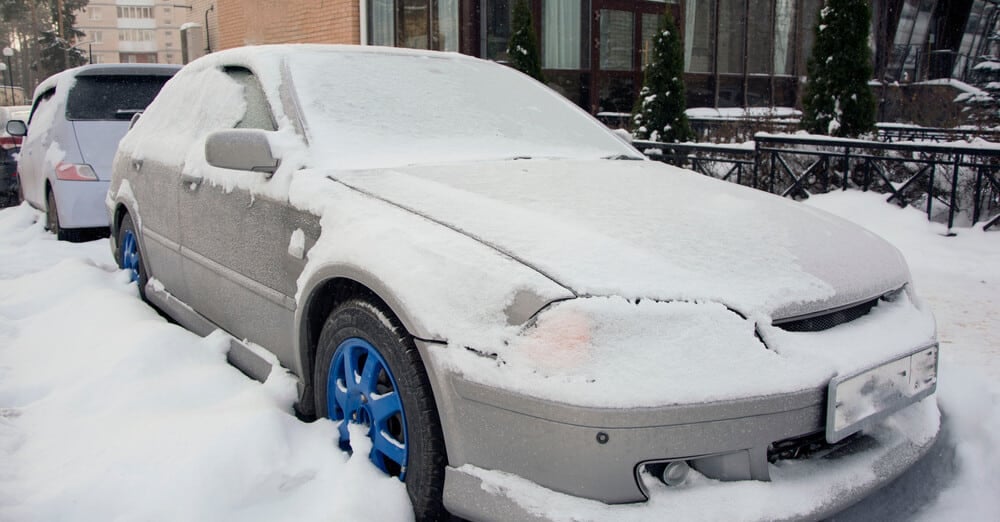
Not using a car is quite often worse than overusing it. Batteries go flat, suspension bushes go stiff, and seals dry out.
The same can be said for your wheel bearings. As your vehicle sits stationary for long periods of time, the grease inside the bearings can begin to dry out and lose its effectiveness, and the dried-up grease can build up in the bearings.
Non-moving bearings are also more likely to develop corrosion internally, which leads to excessive heat build up and will thus need changing prematurely. Even if you can only take your vehicle for a short drive every now and again, this is better than leaving it standing still for long periods of time with no use at all.
4. Suspension Faults Putting Excessive Strain on the Bearing
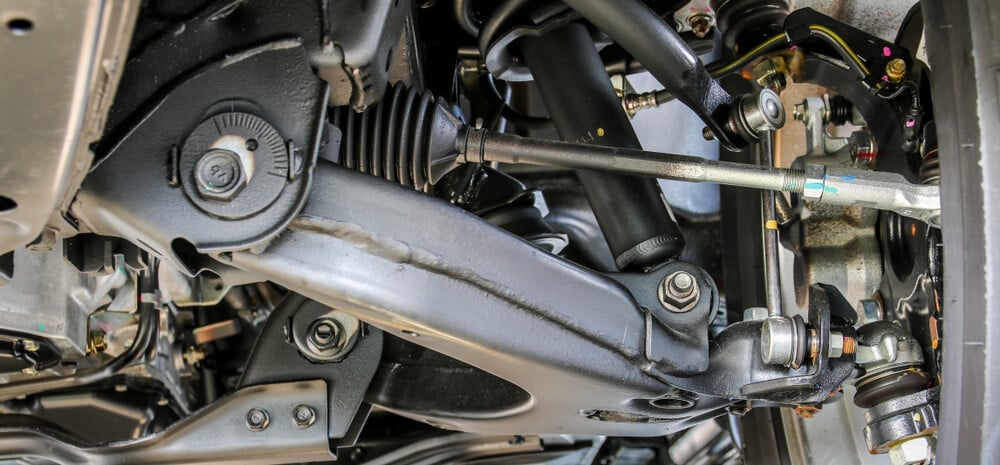
If your suspension is out of alignment, this can sometimes result in excessive strain being placed on certain components around the vehicle.
Your wheel bearings are designed to withstand only up to a specified amount of stress. If the stress that’s placed upon them is too high for a prolonged period of time, then this can result in the bearing wearing out prematurely.
If your vehicle has a suspension fault or needs a wheel alignment, then get this carried out as soon as possible to prevent further damage to other vehicle components, such as your wheel bearings.
It’s also worth noting that if your vehicle is lowered, you may notice that your wheel bearings will need replacing sooner than expected due to the increased stress placed on them.
5. Impact on the Wheel From a Crash
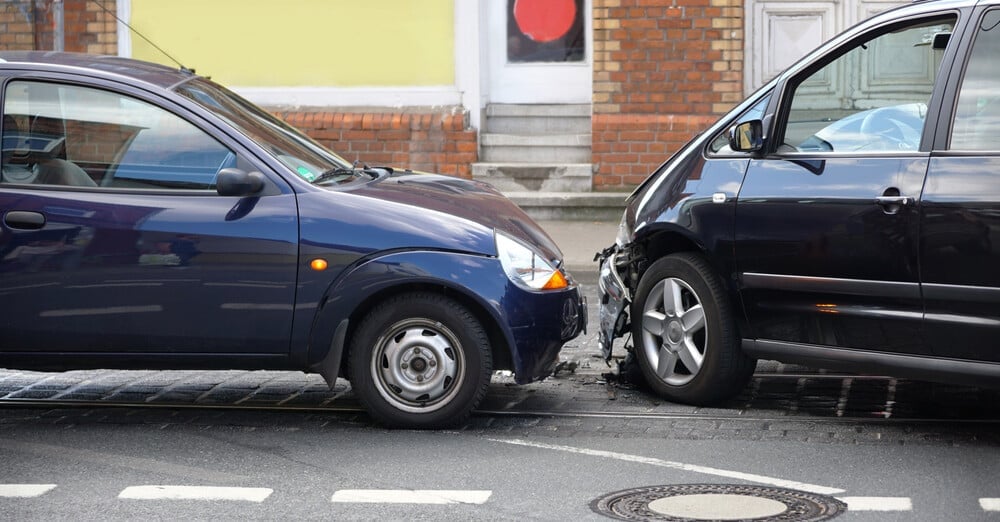
I’m sure that many of us either know someone or have done this ourselves – we go for a drive when it’s either icy or wet and end up sliding into the curb at the side of the road.
Although this impact may only seem minor, it can cause a heavy blow to your wheel bearings. This is simply because they’re not designed to absorb side impacts that occur if your vehicle slides into a curb.
If you’ve had a side impact similar to that of sliding into a curb, have your suspension and wheel bearings assessed to ensure you haven’t damaged them.
Categories: Suspension, Troubleshooting

